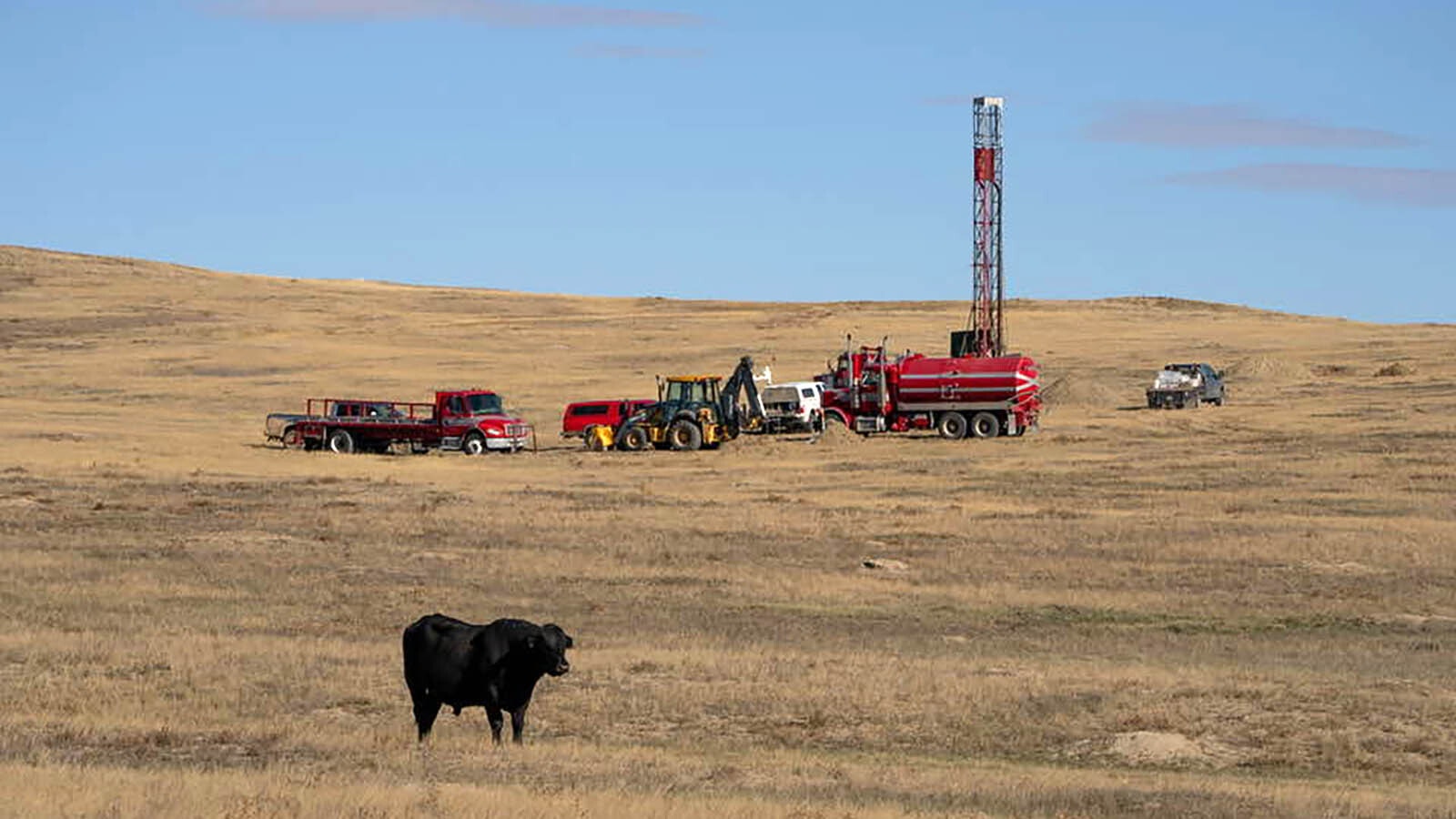Californians are moving away from natural gas, which could complicate Wyoming’s energy-reliant economy in the future, but experts say it’s too soon to predict an actual impact. In Berkeley, California, city officials banned natural gas connections to new homes to fuel furnaces and appliances starting in 2020 as part of an initiative to reduce the city’s carbon emissions.
Wyoming Petroleum Association President Pete Obermueller said the move could be troubling if it gains momentum, but it’s not alarming at this point.
“Obviously, if it is large scale and mandated and very widespread that would be detrimental,” Obermueller said. “I’m a little bit skeptical anything like that will happen quickly or on a large scale.”
At the University of Wyoming, Charles Mason, a professor of Petroleum and Natural Gas Economics who was raised in Berkeley, said the city’s decision was more symbolic than impactful.
“You could kind of think of it as the first shot in a war,” Mason added.
If the rest of California were to fall in line with Berkeley, Wyoming’s gas industry might not feel a pinch immediately, but could see reduced demands for gas in the future, said Severin Borenstein, faculty director for the Energy Institute at the University of California-Berkley’s Haas School of Business.
“This is not going to happen overnight,” Borenstein said. “Even the Berkeley law, which is way ahead of California, is only on new houses.”
While gas burns cleaner than coal, it still generates greenhouse gasses.
“Presumably, reducing emissions is the thing that is top of mind (in Berkeley),” Mason said. “Gas is cleaner, but it’s not zero.”
The majority of California’s in-state electricity is generated by natural gas, although it’s closely followed by renewable energy sources such as wind and solar, the California Energy Commission reports.
Gas burned in homes for appliances and heating creates more emissions than all the state’s power plants, California Energy Commission Chairman David Hochschild told the San Francisco Chronicle.
“It’s not that (homes) are more polluting,” Borenstein said. “But, there’s a lot of it. Most buildings in California are heated with the on-site combustion of natural gas.”
In 2018, the city of Berkeley reported 27 percent of its total greenhouse gas emissions in 2016 were generated by the ignition of natural gas within city buildings.
For Mason, the potential reduction of gas-fueled heating sources is notable.
“Heating is a lot bigger deal,” he said. “You could possibly see a measurable impact if this takes root and they convince a big chunk of California to follow suit.”
The gas wells currently operating in Wyoming “are pretty price insensitive” and unlikely to be affected by Berkeley’s decision, Mason said. However, if California or other states start requiring buildings to use non-gas heating sources, he said potentially reduced gas prices could affect Wyoming.
“Where a change in prices will matter is a reduction in new drills,” he explained.
Fewer drills could mean fewer jobs for Wyomingites. The oil and gas industry accounted for 12,600 Wyoming jobs in June, according to the Wyoming Department of Workforce Services.
If those jobs were to disappear, Mason said Wyoming workers would need to adapt.
“It’s not radically different than the situation facing coal miners,” he explained. “They may just have to find something new to do — maybe building wind turbines or working at Walmart.”
While some believe a move away from gas is needed to reduce greenhouse gas emissions, Obermueller said the U.S. relies heavily on the industry for electricity generation, and that’s not likely to change.
“Natural gas is the primary source in America of large scale electricity production,” he said. “The demand for energy is growing by leaps and bounds. There’s no doubt that (natural gas’) share of electricity is rising rapidly.”





